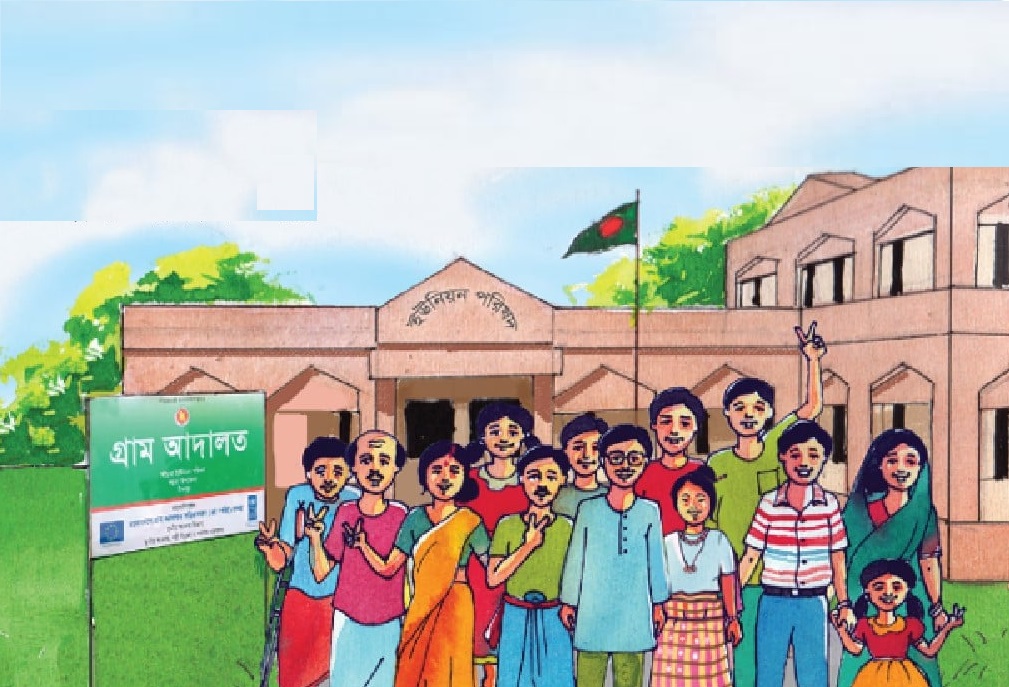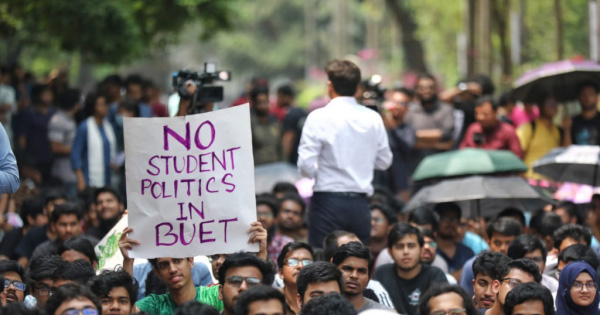As we step out of the pandemic’s grip, a harsher truth surfaces in Bangladesh – the undeniable and widespread neglect of adolescent mental health and education. Young people in Bangladesh are experiencing an unprecedented surge in mental health issues, forced child marriages, school dropouts, and suicides – yet the government response remains inadequate. Two recent surveys paint a bleak picture: the Aanchal Foundation’s report highlights a staggering 61% of young people struggling with depression, and Bangladesh Association of Psychiatrists points to alarming levels of suicidal thoughts among adolescents. Behind these numbers is a neglected reality that demands immediate and robust intervention.
### Failing Our Youth: Depression and Suicide on the Rise
The Aanchal Foundation’s survey revealed that 61.2% of Bangladeshi youth between 18 and 25 have experienced depression, with 3.6% attempting suicide during the pandemic. These figures are deeply disturbing, especially considering the limited support available. Depression and anxiety are met with stigma in Bangladesh, which often leaves young people to suffer in silence. Experts, including Helal Uddin Ahmed from the National Institute of Mental Health, warn that suicide is becoming a leading cause of death among adolescents – a statement that should have spurred the government into action. However, mental health remains a low priority in public policy.
Mental health services are scarce, and youth-focused support systems are almost nonexistent. With limited resources and inadequate outreach, young people who are already dealing with overwhelming academic, financial, and family pressures are left with nowhere to turn. The government has a duty to recognize mental health as a critical component of public health, especially as it relates to youth. But this awareness remains minimal, resulting in a national crisis with rising suicide rates that could be prevented with adequate mental health programs, school counselors, and support groups.
### Pandemic-Era Child Marriage: Sacrificing Dreams for Dowries
The lack of government support is not limited to mental health; it extends to education and the well-being of young girls forced into early marriage. During the school closures, which lasted for one of the longest periods worldwide, young girls faced an increased risk of dropping out and being pressured into child marriage. In Kurigram district alone, an estimated 50,000 students have dropped out of school, many due to child marriage and poverty. Families, struggling to make ends meet, saw early marriage as a quick solution to lessen economic burdens. Tragically, the government has been largely silent on this surge, failing to enforce laws against child marriage or offer financial aid to families at risk.
Child marriage is a violation of rights, yet in Bangladesh, it persists and is even worsening due to the pandemic. Girls like Irene and Jannatun, who dreamed of finishing school, are now victims of a system that abandoned them in their most vulnerable years. The government’s inability to protect these girls reflects an appalling disregard for their futures and, by extension, the nation’s future as well.
### School Dropouts and Lost Futures: A Generation Set Back
The pandemic created a severe disruption in education, but the government’s lackluster response has made it worse. District officials report that nearly 13% of students have dropped out in just one district, with dropout rates and absenteeism alarmingly high across the country. Although schools have reopened, the government has yet to address the learning gaps created by the 18-month school closure. Students are left without adequate resources or catch-up programs, leading to a lost generation whose dreams have been deferred or erased by the inability of the state to protect their right to education.
Bangladesh’s education sector needed a robust strategy to support students returning to school and prevent further dropout, but the government’s response has been weak. A single district reporting 50,000 dropouts should have set off alarms; instead, there has been no coordinated effort to track, support, or bring back students across the country. For a nation whose youth represent the future, this disregard for their education is nothing short of negligence.
### Where is the Accountability?
The pandemic has exposed and exacerbated existing cracks in Bangladesh’s approach to youth and social welfare. While organizations like the Aanchal Foundation and Bangladesh Association of Psychiatrists have done their part in researching and raising awareness, it is the government that holds the responsibility to act. Policies to address mental health, prevent child marriage, and protect educational rights are lacking, and the results are clear: Bangladeshi youth are suffering, dropping out, and losing hope.
Moreover, the statistics on depression, suicide, and school dropouts raise questions about what could have been done if the government had treated these issues as priority concerns. The lack of mental health infrastructure, minimal protections for at-risk girls, and the failure to bring students back to school reveal a government that is more reactive than proactive. Each statistic represents a life, a young person with dreams and potential that are being extinguished by government inaction.
### Reforms needed:
1. **Mental Health Support**: Establish a national mental health support system that includes mental health counselors in schools, accessible hotlines, and youth-friendly resources.
2. **Stronger Enforcement Against Child Marriage**: The government must enforce laws against child marriage rigorously, especially in rural and economically disadvantaged areas, and provide financial support to families in need.
3. **Educational Recovery Programs**: Implement intensive catch-up and support programs in schools, and actively work to bring dropout students back to the classroom. The government should also support teachers to handle the increased academic and emotional needs of returning students.
4. **Raise Public Awareness**: A nationwide campaign addressing mental health, educational rights, and child marriage could go a long way in combating stigma and empowering youth and families.
The future of Bangladesh depends on its youth, yet the government’s current neglect of their mental health, education, and basic rights places that future in jeopardy. If Bangladesh wants to truly develop as a nation, it must start by protecting and investing in its young people. This crisis is not a quiet one; it demands loud, urgent, and compassionate government action.







